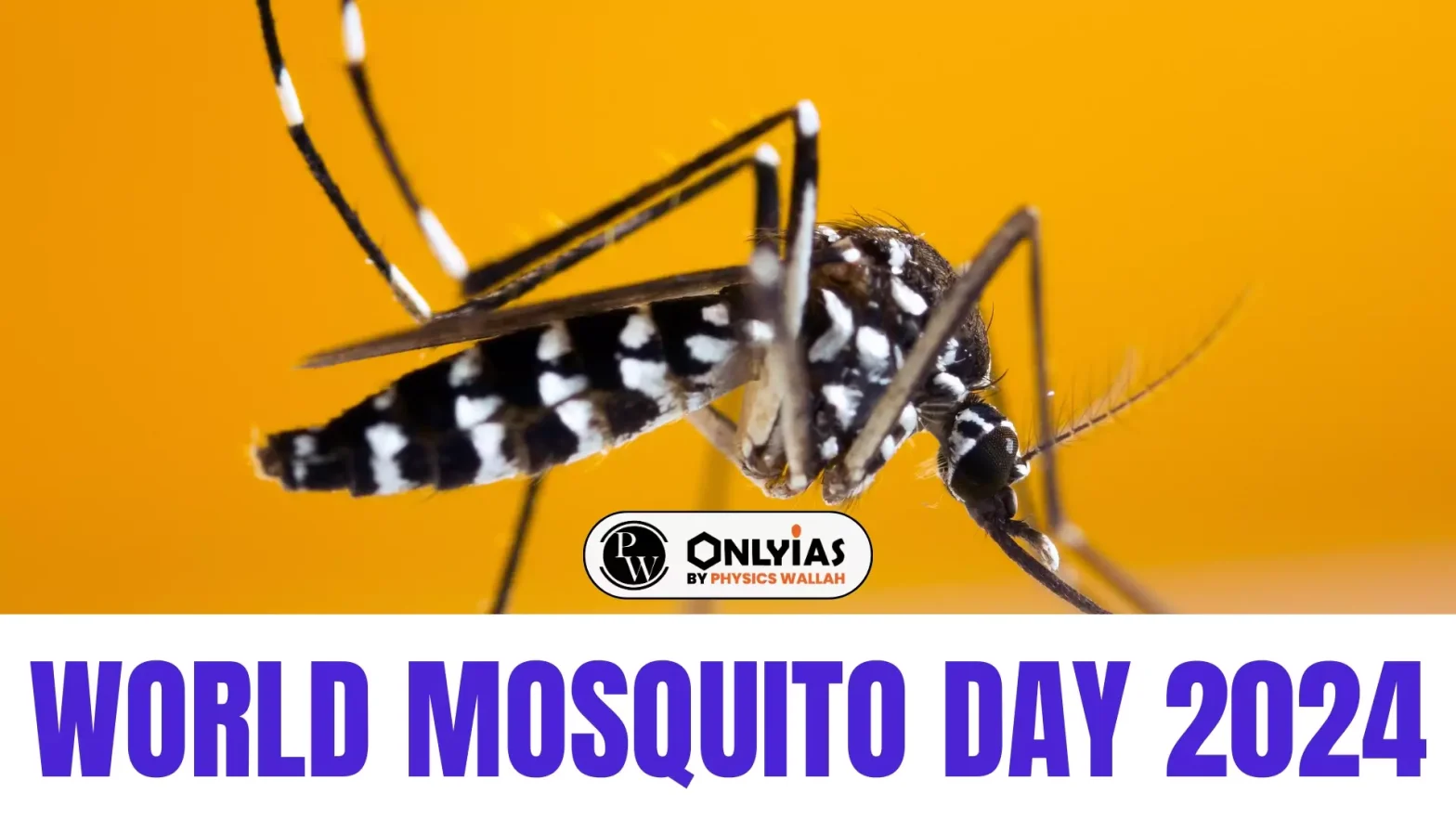World Mosquito Day is celebrated on August 20th to honor the memory of Sir Ronald Ross who discovered that female mosquitoes transmit malaria between humans.

World Mosquito Day, observed annually on August 20th, is dedicated to raising awareness about the dangers posed by mosquitoes, particularly as vectors of deadly diseases. This day also honors the discovery by Sir Ronald Ross in 1897 that female mosquitoes transmit malaria between humans. World Mosquito Day 2024 continues this tradition, focusing on global efforts to control mosquito-borne diseases.
World Mosquito Day 2024 is celebrated to raise awareness about the dangers of mosquito-borne diseases like malaria, dengue, and Zika. The day also commemorates the discovery made by Sir Ronald Ross in 1897 that female mosquitoes transmit malaria between humans. This discovery was pivotal in the fight against malaria and other vector-borne diseases. World Mosquito Day emphasizes the importance of ongoing efforts in research, prevention, and control to reduce the global impact of these diseases.
The theme for World Mosquito Day 2024 is Accelerating the fight against malaria for a more equitable world. However, the theme emphasizes the need for collective action to reduce mosquito populations and prevent the spread of diseases such as malaria, dengue, and Zika. The theme will highlight the importance of public health initiatives, research, and community engagement in combating these deadly diseases.
Mosquitoes are responsible for transmitting several dangerous diseases, which cause millions of deaths each year. Some of the most common mosquito-borne diseases include:
World Mosquito Day, observed on August 20th, plays a crucial role in raising awareness about the health risks posed by mosquitoes, particularly as carriers of deadly diseases like malaria, dengue, and Zika. The day also honors the discovery by Sir Ronald Ross that female mosquitoes transmit malaria between humans, which has been fundamental in developing strategies to combat these diseases. Here are some of the significance of World Mosquito Day:
The National Center for Vector Borne Diseases Control (NCVBDC) is an Indian government initiative focused on preventing and controlling vector-borne diseases, particularly those spread by mosquitoes. The center plays a critical role in monitoring disease outbreaks, implementing control measures, and educating the public on prevention strategies.
The National Vector Borne Disease Control Programme (NVBDCP) is a comprehensive program under the NCVBDC aimed at controlling diseases like malaria, dengue, and chikungunya in India. The program includes surveillance, case management, and community outreach to reduce the incidence of these diseases. It also collaborates with international organizations to enhance the effectiveness of vector control strategies.
Preparing for the UPSC exams? Get expert guidance and the best resources to boost your preparations at the most affordable price. Join PW Online UPSC Batches now!
World Mosquito Day is observed on August 20th to raise awareness about mosquito-borne diseases and honor the discovery that mosquitoes transmit malaria.
The theme of the 2024 World Mosquito Day as, “Accelerating the fight against malaria for a more equitable world,”.
Mosquitoes spread diseases such as malaria, dengue, Zika virus, chikungunya, and yellow fever.
The NCVBDC is an Indian government body focused on preventing and controlling mosquito-borne and other vector-borne diseases.
The NVBDCP implements strategies for controlling vector-borne diseases in India through surveillance, case management, and public education.
<div class="new-fform">
</div>